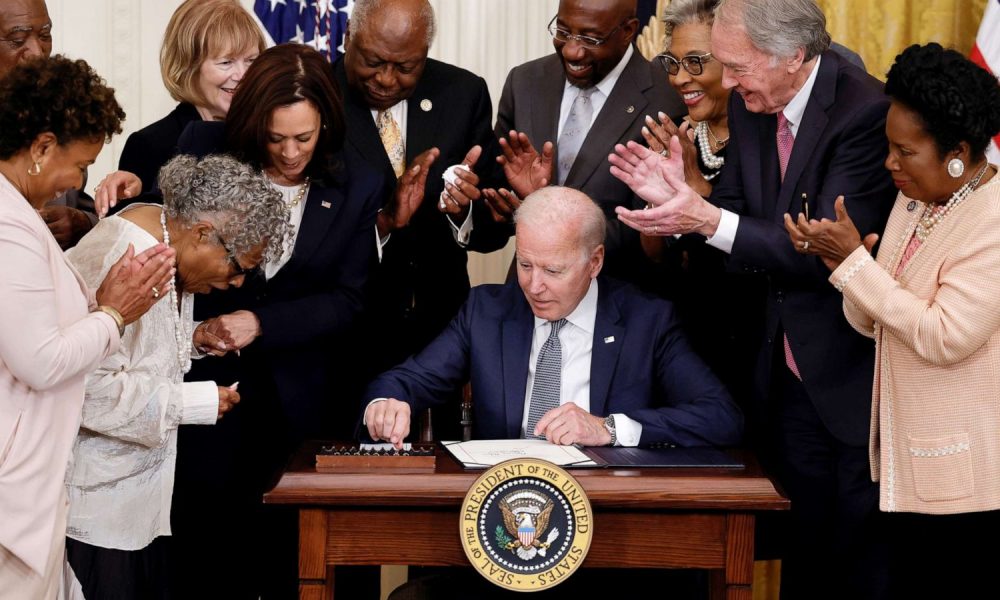The governor of North Carolina vetoed a bill Wednesday requiring sheriffs to cooperate with immigration authorities.
What We Know:
- Democratic Governor Roy Cooper made a statement in the current public battle over immigration law by rejecting legislation that would require law-enforcement officers to hold illegal immigrants in detention until agents can pick them up and potentially deport them.
- The legislation passed the state House on Tuesday, but Cooper said in a statement all the bill would serve to do is divide the state on partisan lines. “This bill, in addition to being unconstitutional, weakens law enforcement in North Carolina by mandating sheriffs to do the job of federal agents,” Cooper said.
- The majority-Republican state Senate and House could, theoretically, override the governor’s veto, but it would require the compliance of Democrats in the House and Senate. Cooper has a long history of vetoes and overrides with his state Senate and House, though; The General Assembly of North Carolina overrode Cooper earlier this month on a piece of legislation about Supreme Court candidacy and ballot measures. The General Assembly also overrode the governor in June on a bill about third-party candidates and criminal background checks.
- Cooper has faced criticism for prioritizing illegal immigrants over the safety of his North Carolina citizens; “Law-enforcement officers have a sworn responsibility to protect their citizens…Unlike Governor Cooper, who prefers to pander to his far-left supporters, we will protect North Carolinians and plan to override his irresponsible veto,” North Carolina senator Chuck Edwards said.
- Edwards brought up an incident earlier this month in Mecklenburg County, North Carolina in which lenient political attitudes toward immigration were seemingly at blame for a violent crime; Immigration and Customs Enforcement (ICE) arrested an illegal immigrant for allegedly raping a child after the Mecklenburg County Sheriff’s Office released him from detention against ICE’s wishes.
Cooper’s veto comes in a time of massive political opposition to strict immigration laws pushed by President Donald Trump’s administration.



